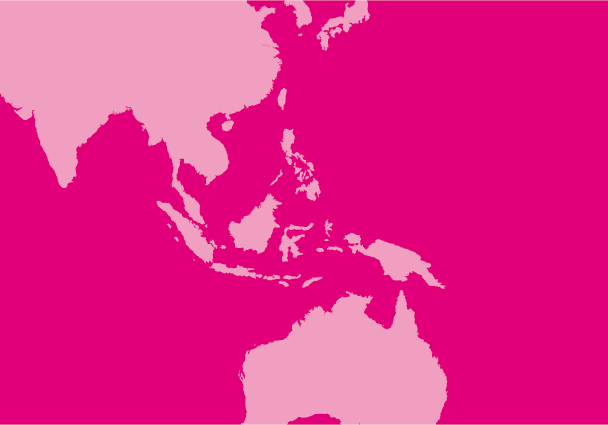
Nov 3, 2015 | News
The ICJ and 26 other civil society organizations called today upon the Vietnamese government to comprehensively revise the draft Law on Religion to conform with the country’s obligations under international human rights law.
The groups are concerned that Vietnam’s draft Law on Belief and Religion is inconsistent with the right to freedom of religion or belief.
In its current form, the draft Law places limitations on freedom of religion or belief that extend beyond those permitted under international human rights law that is binding on Vietnam, they say.
Article 18(3) of the International Covenant on Civil and Political Rights (ICCPR), to which Vietnam is a state party, requires the authorities to ensure that the freedom to manifest one’s religion or belief is subject only to such limitations as are prescribed by law and are necessary and proportionate to protect public safety, order, health, or morals or the fundamental rights and freedoms of others.
While the draft Law purports to acknowledge “the right to freedom of religion and belief” and proclaims that the “government respects and protects the freedom of religion and belief of everyone,” the provisions of the draft Law, if passed, would act as a powerful instrument of control placing sweeping, overly broad limitations on the practice of religion or belief within Vietnam, perpetuating the already repressive situation.
Contact:
Kingsley Abbott, ICJ International Legal Adviser, (Bangkok), t:+66 944701345, e-mail: kingsley.abbott(a)icj.org
Vietnam-Draft Law on Religion-Advocacy-2015-ENG (full statement, in PDF)
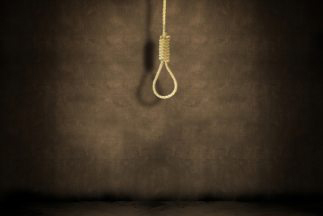
Oct 29, 2015 | News
The Singaporean government should halt the imminent execution of Kho Jabing and commute his death sentence, said the ICJ today.
In 2010, Kho Jabing was convicted and sentenced to death, after having been found guilty of murder.
Amendments made to its laws on the death penalty in 2012 allowed for persons who had been subjected to the death penalty the option to elect to be considered for re-sentencing under the new rules.
Kho Jabing, under this process, was re-sentenced to life imprisonment and 24 strokes of the cane.
The prosecution, however, appealed the re-sentencing, and the case was brought to the Court of Appeal.
On 14 January 2015, the Court of Appeal decided to reinstate the death penalty in the case.
Kho Jabing filed a clemency appeal and the Court of Appeal rejected this on 19 October 2015.
The authorities have not released the date of Kho Jabing’s execution, but it is believed that he is likely to be executed during the first week of November 2015.
“Singapore has obscured the extent and nature of its execution practices and its record on respect for the right to life”, said Sam Zarifi, ICJ’s Regional Director for Asia and the Pacific.
“Failure to be transparent about its use of the death penalty, flies in the face of international human rights standards,” he added.
The ICJ opposes the death penalty in all circumstances and considers the imposition of the death penalty to constitute a denial of the right to life and a form of cruel, inhuman and degrading punishment.
The view that the death penalty is never justifiable is shared by the overwhelming majority of States, United Nations institutions, and numerous civil society organizations.
In December 2014, the UN General Assembly, by a very wide majority, adopted a Resolution repeating its call for all States retaining the death penalty to institute a moratorium on the practice, with a view to abolition.
The ICJ has also received information that Singapore carried out two executions in October 2015. The authorities, however, have not issued an official statement regarding these executions.
To date, the Singapore government has not released the exact number of executions undertaken in the country.
In 2004, UN Special Rapporteur on extrajudicial, summary, or arbitrary executions emphasized the importance of transparency wherever the death penalty is applied.
According to the UN Special Rapporteur, “Secrecy as to those executed violates human rights standards.”
In addition, a “full and accurate reporting of all executions should be published, and a consolidated version prepared on at least an annual basis.”
The ICJ calls on the Singapore government:
- to stop the execution of Kho Jabing and commute his sentence, to one that does not include caning, which constitutes a form of cruel, inhuman or degrading punishment
- to institute an immediate moratorium on executions
- to take all necessary measures to abolish the death penalty in law
- to make public a full and accurate report of all executions in the country
Contact:
Emerlynne Gil, ICJ Senior International Legal Adviser for Southeast Asia, (Bangkok), t: +66840923575, e: emerlynne.gil(a)icj.org
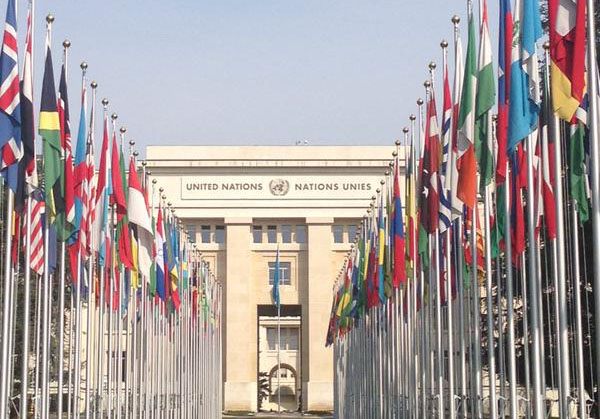
Oct 26, 2015 | News
Myanmar’s human rights record for the past four and a half years will be under scrutiny at the United Nations (UN) Human Rights Council (HRC), as the country goes up for its Universal Periodic Review (UPR) review on 6 November 2015.
Myanmar will be assessed on developments based on information provided by the government, UN human rights experts, institutions and treaty bodies; and stakeholders including Non-Governmental Organizations (NGOs).
The eleventh round of Pre-Sessions to discuss the human rights situations in Myanmar was held on 8 October 2015 and was organized by UPR-Info.
The event brought together various permanent missions and various Myanmar civil society organizations (CSOs) that presented their respective UPR recommendations.
This event also provided NGOs, including the ICJ, with an opportunity to contribute to the UPR process by informing several delegations at once about specific, actionable recommendations to the government to effectively address human rights violations and provide redress.
In its UPR stakeholder submission, the ICJ drew the attention of the HRC Working Group on the UPR, and that of the HRC itself, to the ICJ’s concerns about the independence of the judiciary and legal profession, the lack of legislation adequately protecting human rights and the environment, discriminatory laws targeting women and minorities, and the writ of habeas corpus in Myanmar.
The Office of the Commissioner for Human Rights referred to these issues in its summary to the HRC Working group on the UPR.
UPR discussions in Geneva led by NGOs reiterated that despite reforms, significant human rights challenges remain in Myanmar. These include, but are not limited to, the following:
- During its first UPR in 2011, Myanmar had supported recommendations to consider signing and ratifying core human rights treaties, but has made no significant progress;
- A recent parliament veto reserves the 25% of the seats in the legislative bodies for the military, thus continuing military impunity and preserving their hold over any constitutional or legislative amendment;
- The Myanmar National Human Rights Commission suffers from low credibility due to its lack of autonomy from the government and failure to investigate egregious human rights violations;
- The package of “race and religion protection” laws comes at a time of increasing ethnic and religious tension, and discriminates on grounds of gender and religion. Discrimination against religious minorities has led to mass displacement, deaths and rights violations;
- Lesbian, Gay, Bisexual and Transgender rights are routinely violated;
- The Environmental Conservation Law allowed government departments and private business abroad exemptions from environmental protection obligations;
- Judicial independence is compromised as judges in some instances still render decisions based on orders coming from military and the government.
Contact:
Vani Sathisan, ICJ International Legal Adviser, Myanmar, t: +95-09250800301; e: vani.sathisan(a)icj.org
The ICJ’s UPR stakeholder submission for Myanmar can be found here
The OHCHR summary to the UN Working Group for the UPR can be found here
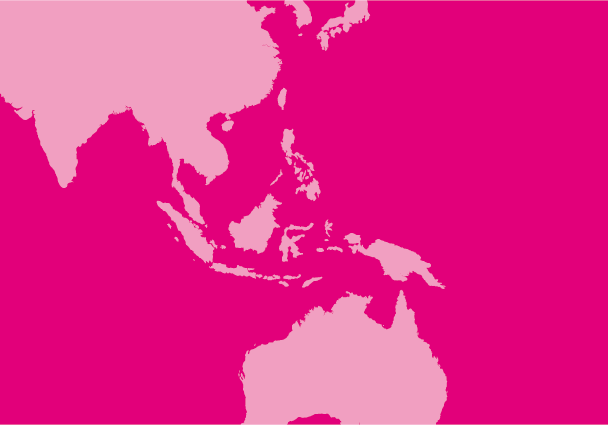
Oct 26, 2015 | News
The Government of Bangladesh should withdraw the Foreign Donations Regulation Bill 2015 (FDRB), the ICJ said today.
The provisions of the FDRB are unduly restrictive and inconsistent with Bangladesh’s international legal obligations to respect the right to freedom of association, the ICJ said, and if not withdrawn, the Parliament should reject it.
“The provisions of the Foreign Donations Regulation Bill are clearly designed to restrict and harass human rights defenders in Bangladesh,” Sam Zarifi, ICJ Asia-Pacific director said. “If passed, this law will enable the Bangladeshi executive to control the space for civil society even more than it does now”.
Read the full story here:
Bangladesh-Foreign Donations-News-Web Story-2015-ENG (full text in PDF)
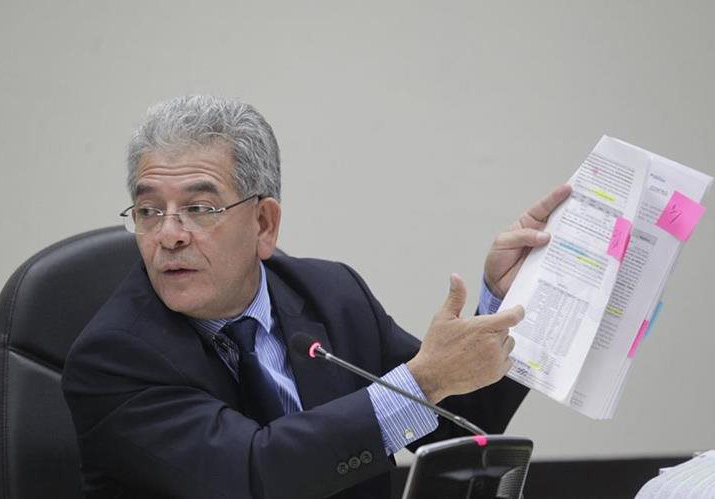
Oct 15, 2015 | News
La CIJ, durante la misión de su Comisionado José Antonio Martín Pallín al país, ha constatado que la trascendencia política y social de los asuntos que el Juez Miguel Ángel Gálvez está investigando, le ha ocasionado numerosos ataques injustificados desde diversos sectores de la sociedad guatemalteca.
Además, la CIJ recibió información que las y los jueces continúan siendo amenazados en el ejercicio de su independencia por la injerencia de la Corte Suprema de Justicia en funciones administrativas, relacionadas con el control del personal, especialmente en el traslado injustificado de jueces.
El Juez Miguel Ángel Gálvez (foto) ha afrontado riesgos de traslado en los últimos 6 meses.
La CIJ concluye que la actuación del Juez se ajusta a los principios internacionalmente admitidos del derecho al debido proceso y a las garantías de las y los sindicados.
La CIJ expresa su profunda preocupación por la acumulación excesiva de asuntos judiciales sobre el Juzgado de Competencia Ampliada del juez Gálvez, que hacen absolutamente imposible una actuación dentro de los plazos exigidos por la ley.
La CIJ demanda con toda firmeza que la Corte Suprema de Justicia tome medidas efectivas de apoyo al juzgado de Mayor Riesgo B, para que éste pueda concentrarse en la tramitación de los asuntos que verdaderamente preocupan en este momento a los ciudadanos y ciudadanas guatemaltecas, como por ejemplo el llamado Caso La Línea, el caso Sepur Zarco y el caso Siekavizza, entre otros.
La CIJ considera que ningún órgano judicial puede afrontar la pesada carga judicial a la que el Juez Gálvez tiene que hacer frente; cualquier demora en la tramitación de los asuntos pendientes ante su juzgado, no debe ser atribuida al juez Gálvez, sino a la inactividad de la Corte Suprema de Justicia, que no nombra a jueces de apoyo, que permitan tramitar las causas pendientes.
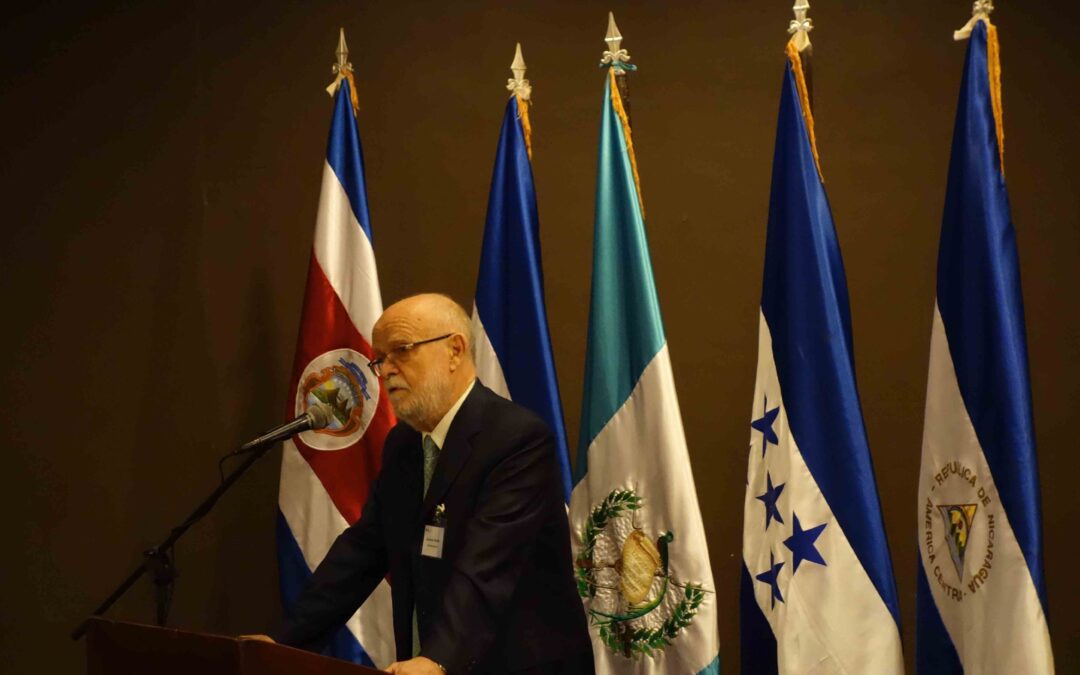
Oct 12, 2015 | News
In coordination with the Norwegian Judges’ Association and the Guatemalan Mayan Bar Association, the ICJ inaugurated today a two-day Conference in Guatemala City.
The Conference was inaugurated by Jan Gerhard Lassen (the Norwegian Ambassador for Guatemala), Josué Baquiax Baquiax (President of the Supreme Court ), ICJ Commissioner José Antonio Martín Pallín and Director of the ICJ in Central America, Ramón Cadena.
The main topics of discussion were the need to strengthen the judicial career, and associationism.
Guatemala currently has only one formal judge´s association, which was identified by the speakers at the Conference as not consistently acting in the best interests of independent judges, necessitating the creation of an alternative association.
In terms of the judicial career, judges from around the region discussed the changes necessary to the law in Guatemala to ensure that judges are protected from undue pressures coming from outside, and within the judiciary.
The Conference concludes tomorrow with a public forum which will showcase the results of two forthcoming ICJ studies on judicial independence and specialized justice.










